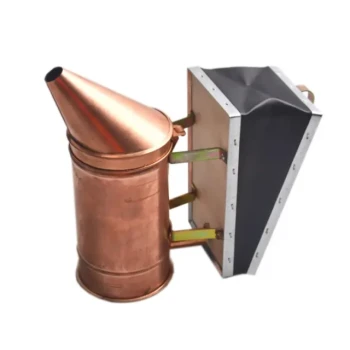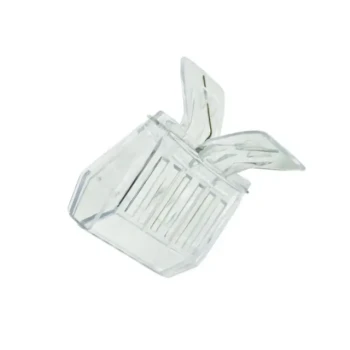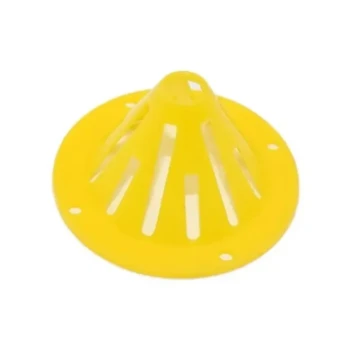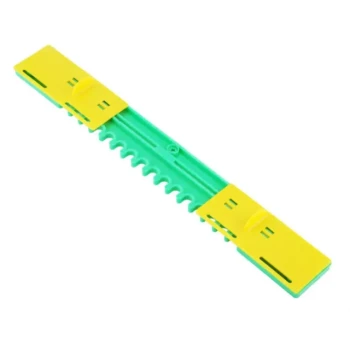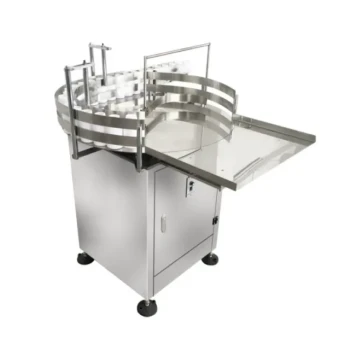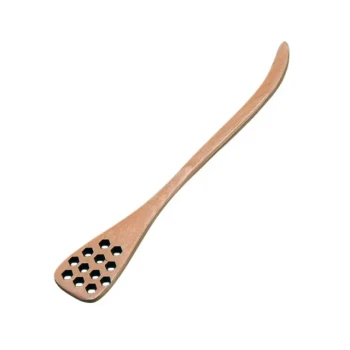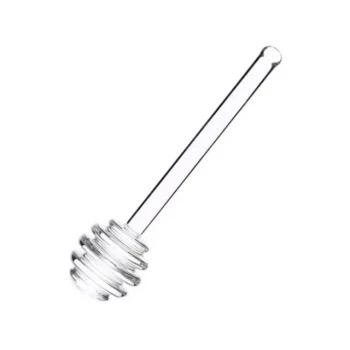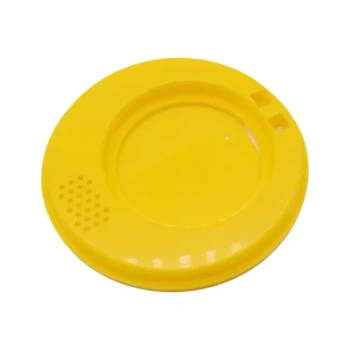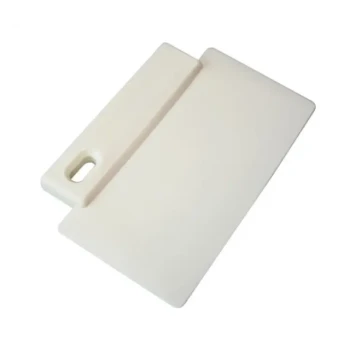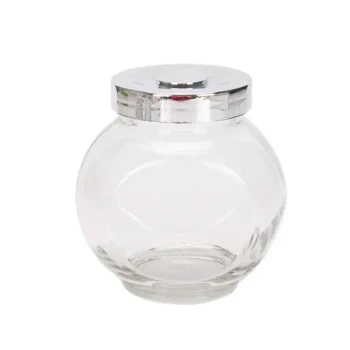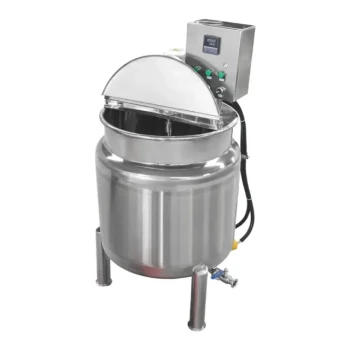When deciding what to feed your bees, the safest and most recommended choice by beekeepers is sugar water. While honey seems like a natural option, it carries a significant risk of transmitting diseases that can be devastating to a colony. Sugar water, on the other hand, provides a clean, safe energy source when natural nectar is scarce.
The core principle of supplemental bee feeding is to do no harm. Sugar water is the default choice because it provides necessary energy without the risk of introducing diseases that can be present in honey from unknown or external hives.
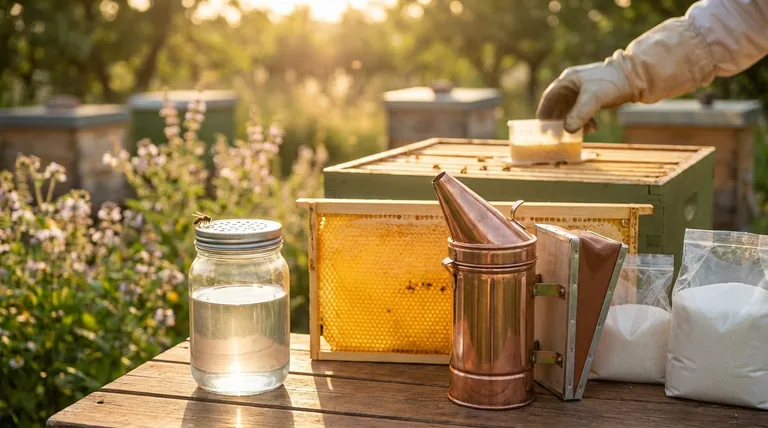
Why Sugar Water is the Standard for Beekeepers
When a hive's natural food sources are unavailable due to weather, season, or other factors, beekeepers provide supplemental feeding. The choice of food is critical for the health and survival of the colony.
The Primary Concern: Disease Transmission
The most compelling reason to use sugar water over honey is to prevent the spread of disease.
Honey, particularly store-bought honey or honey from other hives, can contain dormant spores of bacteria, most notably American Foulbrood (AFB).
While harmless to humans, these spores are fatal to bee larvae. If fed to a colony, they can activate and quickly lead to the collapse of the entire hive.
Because the origin of most honey is unknown, feeding it to your bees is a gamble that experienced beekeepers are unwilling to take.
Cost and Practicality
Beyond safety, there is a practical consideration. Granulated sugar is significantly less expensive than honey.
For a beekeeper needing to feed multiple hives or provide a large volume of food, the cost difference is substantial.
Mixing sugar and water is also a simple, controllable, and repeatable process, ensuring consistency in the food source you provide.
Understanding the Trade-offs and Nuances
While sugar water is the standard, it's important to understand its role and limitations. It is an intervention, not a perfect replacement for what bees gather in nature.
The Limitation of Sugar Water
Sugar water is essentially "bee junk food." It is a pure carbohydrate that provides raw energy but lacks the complex micronutrients, enzymes, and pollen found in natural nectar.
It serves as a survival ration to prevent starvation but does not provide the balanced nutrition that honey and pollen do. Long-term reliance on sugar water alone is not ideal for hive health.
When Honey Can Be Used Safely
The only universally accepted exception is feeding a hive its own honey.
If you have previously harvested frames of capped honey from a healthy hive, you can return those frames to the same hive during a period of need. This is simply giving the bees back their own food stores and carries no risk of introducing foreign diseases.
Never give bees honey from another apiary or from a grocery store.
Common Feeding Ratios
The concentration of your sugar water mix depends on your goal. The ratios are typically measured by volume or weight.
- 1:1 Ratio (1 part sugar, 1 part water): This lighter syrup mimics natural nectar flow. It is used in the spring to stimulate the queen to lay eggs and encourage colony expansion.
- 2:1 Ratio (2 parts sugar, 1 part water): This thicker syrup is used in the fall. It is less for stimulation and more for helping the bees quickly build up their winter food stores.
Making the Right Choice for Your Goal
Your approach to feeding should be dictated by your specific situation and objective, always prioritizing the health of the bees.
- If your primary focus is supporting a hive through a nectar shortage: Use a 1:1 sugar-water ratio in the spring or a 2:1 ratio in the fall.
- If your primary focus is helping a single, exhausted bee you found: A small drop of 1:1 sugar water on a surface near the bee is a safe and effective way to offer energy.
- If your primary focus is using honey stores: Only ever use frames of capped honey that came directly from the exact hive you intend to feed.
Ultimately, proper feeding is a cornerstone of responsible beekeeping, and choosing the right food source is your most important decision.
Summary Table:
| Feeding Option | Primary Use | Key Benefit | Key Risk |
|---|---|---|---|
| Sugar Water | Supplemental feeding, Spring/Fall support | Safe, disease-free energy source | Lacks micronutrients of natural nectar |
| Honey (Own Hive) | Returning stored food to the same hive | Provides complete, natural nutrition | None, if from the same healthy hive |
| Honey (External) | NOT RECOMMENDED | - | High risk of transmitting fatal diseases (e.g., American Foulbrood) |
Ensure your apiary's health with the right supplies. Proper feeding is just one part of successful beekeeping. HONESTBEE supplies commercial apiaries and beekeeping equipment distributors with the high-quality, durable tools they need to thrive—from feeders and hive tools to protective gear. Let us support your operation's growth and bee health. Contact our wholesale team today to discuss your needs.
Visual Guide
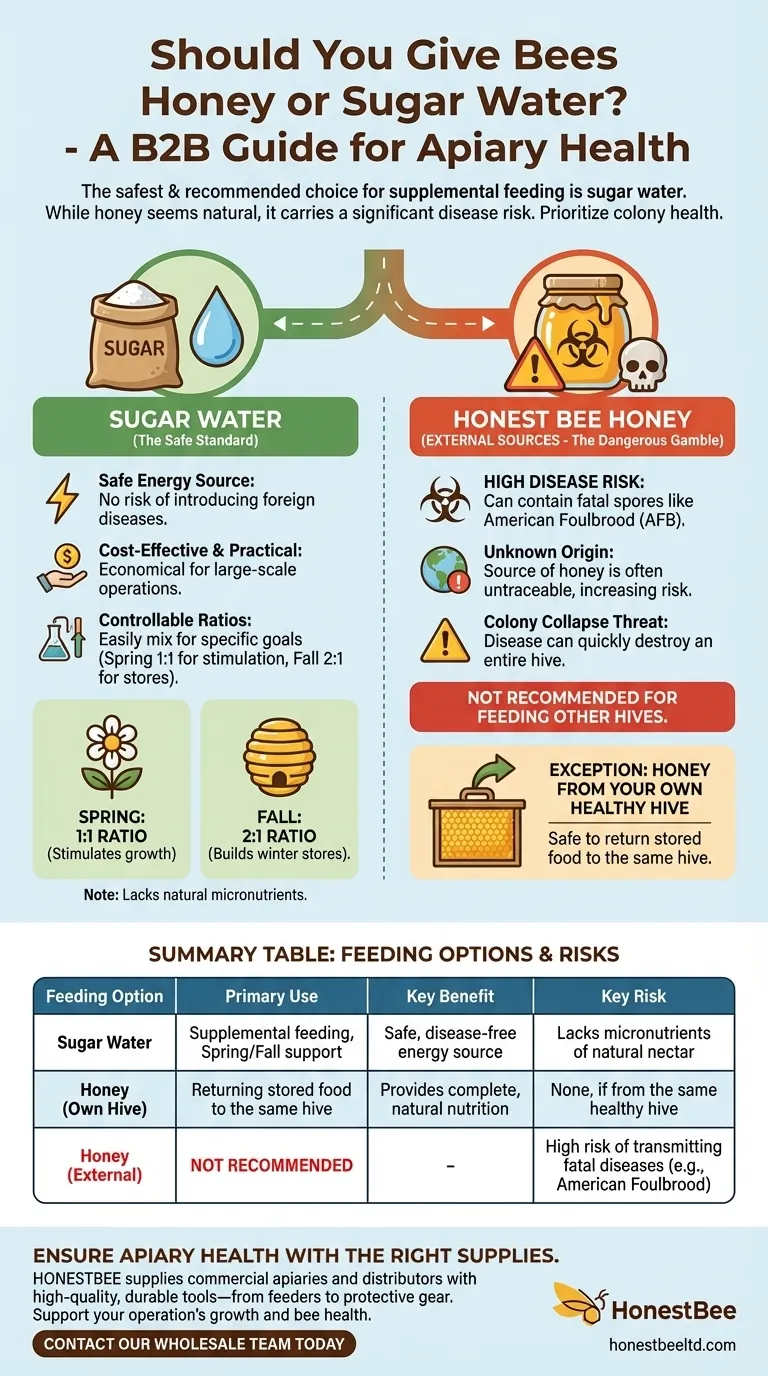
Related Products
- Premium Traditional Copper Bee Smoker with Bellows
- Professional Spring-Action Queen Catcher Clip
- Economy Small Scale Honey Dryer Dehumidifier Thickening Machine
- Slatted Porter Style Bee Escape for Rapid Hive Clearing
- High Quality Honey Dehumidifier Dryer Thickening Machine for Beekeeping
People Also Ask
- What is inside a bee smoker? The Simple Tools and Fuel for a Calm Hive
- What are some quick tips for effective smoker use? Master Calm Hive Inspections with Expert Technique
- What is the smoke that beekeepers use? The Secret to Safe and Calm Hive Inspections
- Are bee smokers bad for bees? A Guide to Safe and Effective Use
- How should a smoker be used to produce effective smoke? A Guide to Calm, Productive Beekeeping
